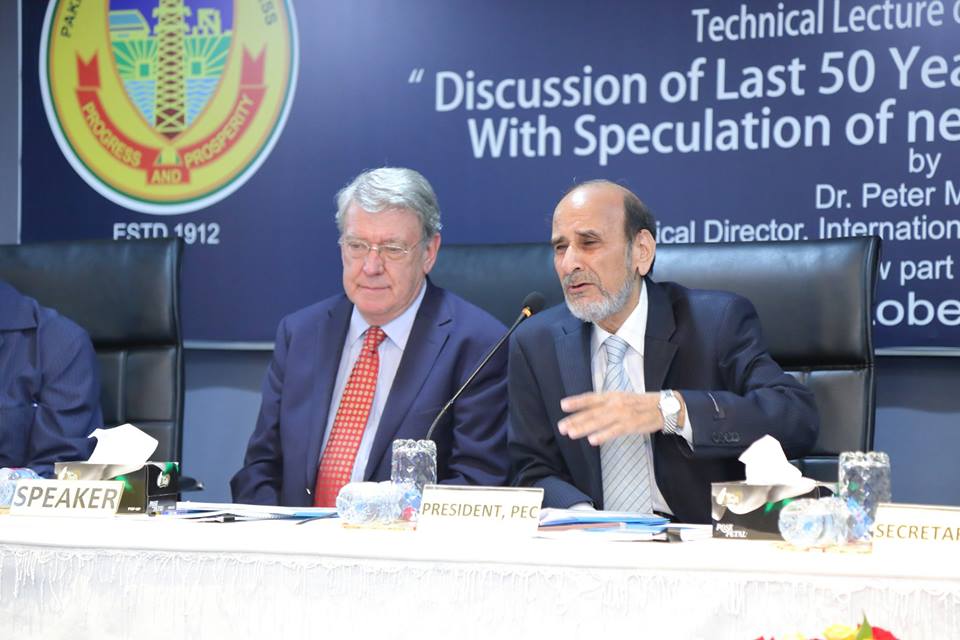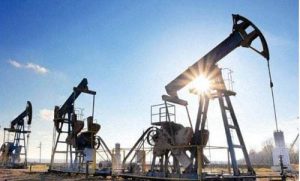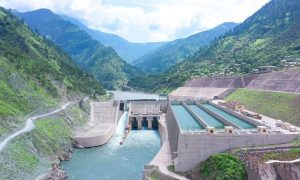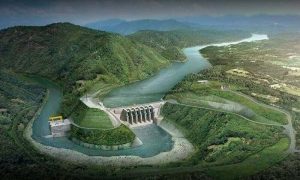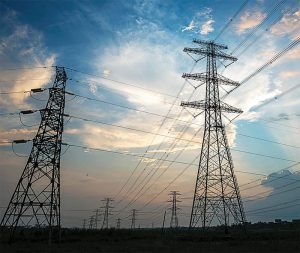Pakistan Engineering Congress organized a seminar on the topic of “Discussion of last 50 years of dam engineering with speculation of next half century”.
The participants of seminar have called for construction of new dams, asserting that being an agrarian economy, Pakistan cannot afford to waste huge amount of water resources which are depleting fast. They said that shortage of water has not only caused undue damage to the agriculture sector but also the manufacturing sector.
The key speaker was Dr Peter Mason. Engr Ch Ghulam Hussain, President Pakistan Engineering Congress, in his welcome address, said that Dr Mason is a renowned expert on dams engineering and currently a member of the Panel of Experts on Neelum-Jhelum Hydropower Project. Dr Mason has to his credit over 50 years of rich experience on dam engineering. He started his professional career in 1969 with renowned UK Engineering firm of Sir Alexander Gilb and Partners (Gilb) and served for 28 years.
Incidentally, Gilb were engaged as World Bank Consultants for implementation of Indus Basin Project. Presently, he is working with MWH as Technical Director, International Dams and Hydropower.
Dr Peter Mason, in his technical lecture, pointed out the relative merits and demerits of different types of dams. Over the last half century the dam engineering design has gone through a significant transformation from the conventional to state-of-art one. However, considering the structures still being constructed the dam types are earth fill dams, rock fill dams, concrete dams, arch-cum-gravity and roller compacted concrete (RCC).
The current trend in Pakistan is predominantly leaning towards RCC dams. There must be definite technical merit for the case, but some quarters are suggesting that the fill dams should also be revisited in view of peculiar regional seismo-tectonic setting.
Participants of the lecture said that it is a matter of concern that almost 9 million hectors of fertile land is not being cultivated due to unavailability of water.


